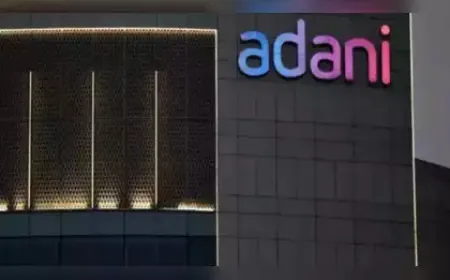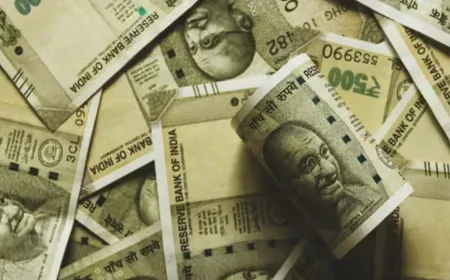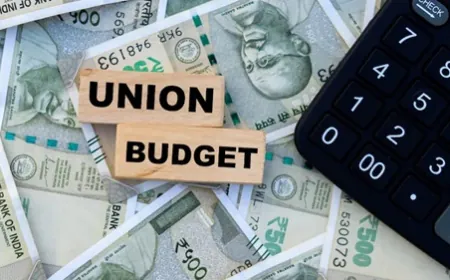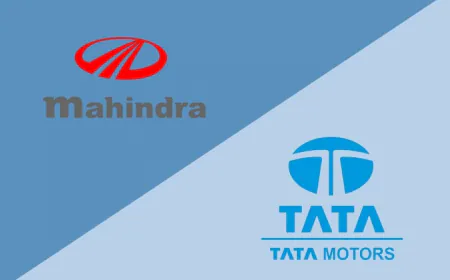5 amendments to income tax laws were announced in Budget 2023
5 amendments to income tax laws were announced in Budget 2023
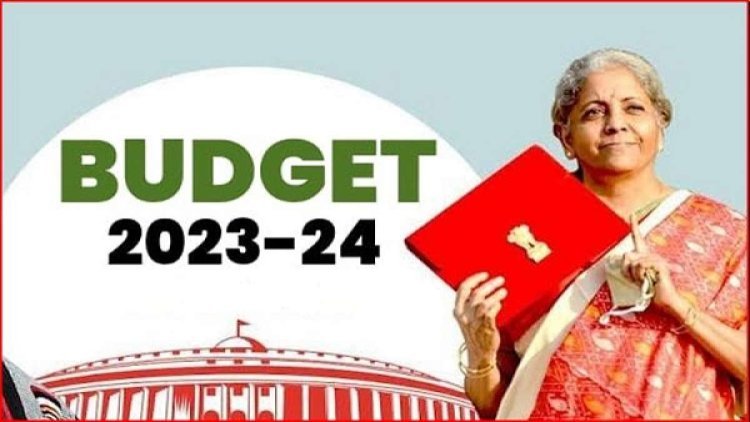
Union Finance Minister Nirmala Sitharaman announced a modification in income tax brackets and a rebate of up to $7 lakh during her presentation of the Union Budget to the House on Wednesday.
"At the moment, under both the old and new tax systems, individuals with income up to Rs. 5 lacks do not pay any income tax. I suggest raising the refund cap in the new tax system to $7 lakh. Therefore, individuals under the new tax system who earn up to $75,000 would not be subject to paying any tax, the Finance Minister announced as he unveiled the Budget 2023.
"The Budget statements made by the FM have given the new tax regime a significant boost. According to Alok Agrawal, Partner, Deloitte India, "the new regime would encourage taxpayers at both ends of the spectrum because there will be no responsibility up to a yearly income of 7 lacs on one hand while surcharge on annual income beyond 5 crores has been reduced from 37 to 25% at the high-income end.
The following are the 5 amendments to income tax laws that FM Sitharaman outlined in the Budget 2023:
1) Tax rebate limit increased from 5 lacks to 7 lacks: According to Abhishek A. Rastogi, founder of Rastogi Chambers, the increase in this limit to 7 lakh means that anyone with an income below that threshold need not make any investments to qualify for exemptions; their entire income will be exempt from taxes regardless of the number of investments they make.
As a result, the middle-class income group will have more purchasing power since they may spend their entire income without worrying too much about investment plans to take advantage of tax breaks, he continued.
2) Modifications to Income Tax Slabs: "In the new regime, I propose to reform the tax structure by lowering the number of slabs to five and raising the tax exemption threshold to Rs. 3 lacks, "FM Sitharaman stated.
Here are the new tax rates:
0–3 lakh–zero
3-6 lakh - 5%
6-9 lakh- 10%
9-12 lakh - 15%
12–15 lakhs—20%
15–plus lakhs—30%
The six income groups will be reduced to five under the new system.
Tax assessors will still have the option of using the previous system. The standard deduction under the new system for salaried and pensioners with taxable income beyond Rs "explained SAG Infotech's MD, Amit Gupta.
3) The finance minister said that the standard deduction will be available to seniors under the new tax system. Each salaried individual making at least 15.5 lakh rupees will gain 52,500 rupees.
4) The maximum tax rate, including the surcharge, is 39%: "In our nation, the highest tax rate is 42.74 percent. One of the highest levels ever recorded. In the new tax system, I suggest lowering the highest surcharge rate from 37% to 25%. The maximum tax rate would be reduced as a result to 39%, stated FM when presenting Budget 2023.
According to Saraswathi Kasturirangan, Partner, Deloitte India, "Tax rates have been decreased under the new tax regime and the top marginal rate reduces from 42.74% to 39%."
5) Leave encashment: Last but not least, in 2002, when the maximum basic pay in the government was 30,000 pm, the limit of 3 lacks for tax exemption on leave encashment on the retirement of non-government salaried employees was last set. I suggest raising this cap to 25 lacks to keep up with increases in government pay.
The new information technology system will serve as the default tax structure, according to Amit Gupta, MD of SAG Infotech. Tax assessors will still have the option of using the previous system. The standard deduction under the new system for taxable income is over Rs. 15.5 lakhs is Rs. 52,500 for salaried individuals and retirees.
The new tax system, which is now the default tax system, is actively being promoted by the government. Under this system, the fundamental exemption has been raised from 2.5 lakhs to 3 lakhs. As opposed to the current ceiling of 5 lakhs, individual taxpayers earning up to 7 lakhs will not be required to pay taxes, according to Saraswathi Kasturirangan, Partner, Deloitte India.
In Budget 2020-21, the government introduced an optional income tax system that would tax individuals and Hindu Undivided Families (HUFs) at lower rates if they did not take advantage of certain exemptions and deductions, such as the house rent allowance (HRA), home loan interest, and investments made under Section 80C, 80D, and 80CCD. According to this, all income up to Rs. 2.5 lakh was exempt from tax.
The current tax rates are as follows: 5% on total income between 2.5 lacks and 5 lacks, 10% on income between 5 lacks and 7.5 lacks, 15% on income between 7.5 lacks and 10 lacks, 20% on income between 10 lakh and 12.5 lacks, 25% on income between 12.5 lacks and 15 lacks, and 30% on income beyond 15 lahks. These slabs will change as per the Budget release as of April 1.

